
《经济学家》2014年最佳图书
参考:《经济学家》年度最佳图书:2011;2012;2013;2015;2016;2017;2018。
The best books of 2014 were about the South China Sea, the fall of the Berlin Wall, Kaiser Wilhelm II, the publishing of “Ulysses” and capitalism in the 21st century
Politics and current affairs
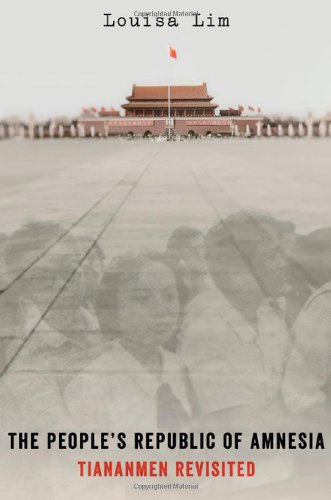
The People’s Republic of Amnesia: Tiananmen Revisited. By Louisa Lim. Oxford University Press; 248 pages; $24.95 and £16.99. Buy from Amazon.com
Twenty-five years after the bloodshed in Beijing, new details keep emerging. This reconstruction, by a correspondent for America’s National Public Radio, is as important for Western readers as it is for the new Chinese generation that has grown up since 1989 and knows little of what happened.

The Tyranny of Silence: How One Cartoon Ignited a Global Debate on the Future of Free Speech. By Flemming Rose. Cato Institute; 240 pages; $24.95. Buy from Amazon.com
The culture editor of the Danish newspaper that published cartoons about the Prophet Muhammad in 2005 offers a personal account of the ensuing controversy and what it means for democracy.
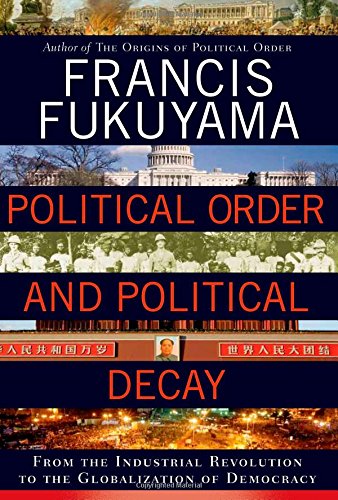
Political Order and Political Decay: From the Industrial Revolution to the Globalisation of Democracy. By Francis Fukuyama. Farrar, Straus and Giroux; 658 pages; $35. Profile; £25. Buy from Amazon.com
A superstar academic, who in 1992 tried to persuade people that they had got to the end of history, returns admitting that things are more complicated than he imagined. China has adopted a mixture of state capitalism and authoritarianism, and democratisation has failed in Russia and most of the Middle East. What is needed are high-quality political institutions; not an easy thing to build.
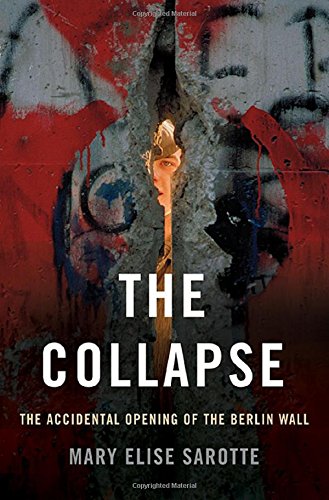
The Collapse: The Accidental Opening of the Berlin Wall. By Mary Elise Sarotte. Basic Books; 291 pages; $27.99 and £18.99. Buy from Amazon.com
A blow-by-blow account of the birth of modern Germany on November 9th 1989, when, at an otherwise dull press conference in East Berlin, a government spokesman said that a new law permitting East Germans more freedom to travel would go into effect immediately. It changed Europe for ever.

Age of Ambition: Chasing Fortune, Truth and Faith in the New China. By Evan Osnos. Farrar, Straus and Giroux; 403 pages; $27. Bodley Head; £20. Buy from Amazon.com
An engrossing evocation of how China turned into a country that now exports in six hours as much as it did in all of 1978. Winner of a 2014 National Book Award, it captures the atmosphere of a country which was the ultimate group-think society and how it shifted to becoming a nation of individuals, set permanently on fast-forward.
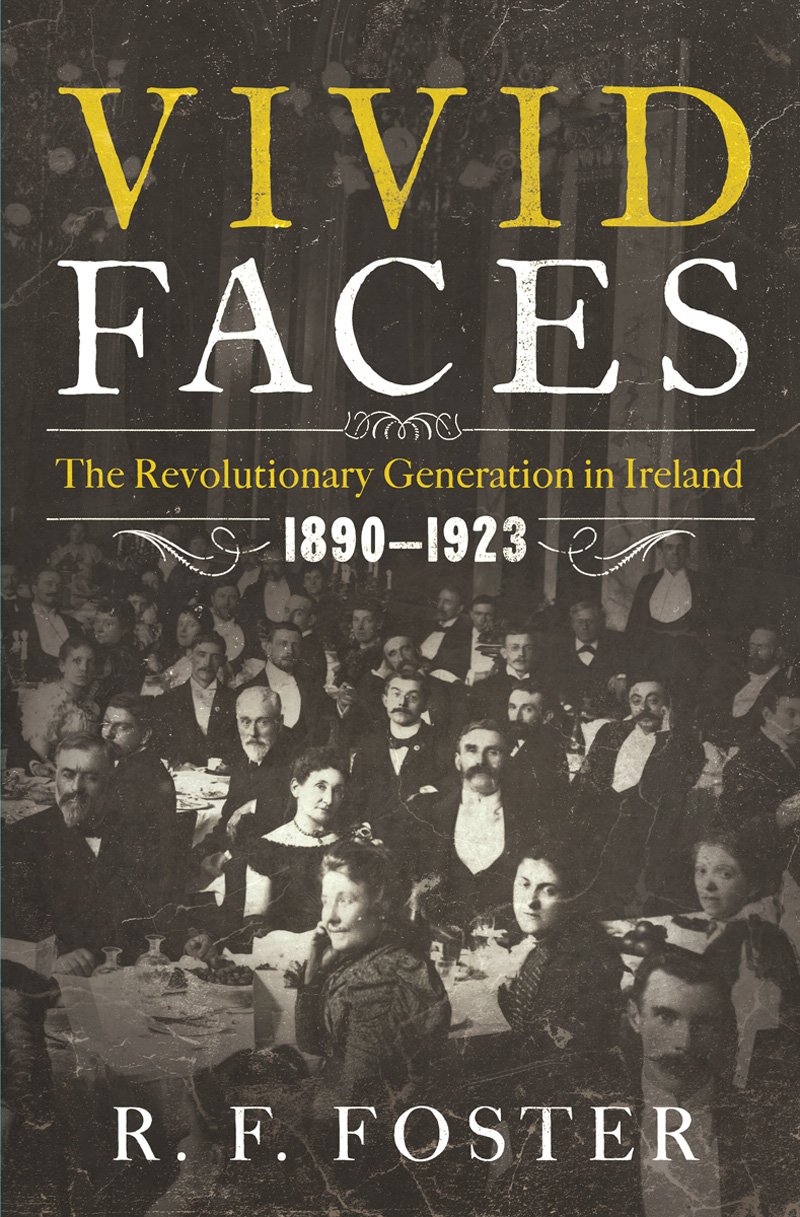
Vivid Faces: The Revolutionary Generation in Ireland, 1890-1923. By Roy Foster. W.W. Norton; 480 pages; $29.95. Allen Lane; £20. Buy from Amazon.com
An eloquent cultural historian of Ireland traces the quixotic character of the Irish revolution. Along the way, he teases out the many views of an artistic and bohemian generation that endlessly discussed the future of women’s rights, socialism, religion and sexual liberation.
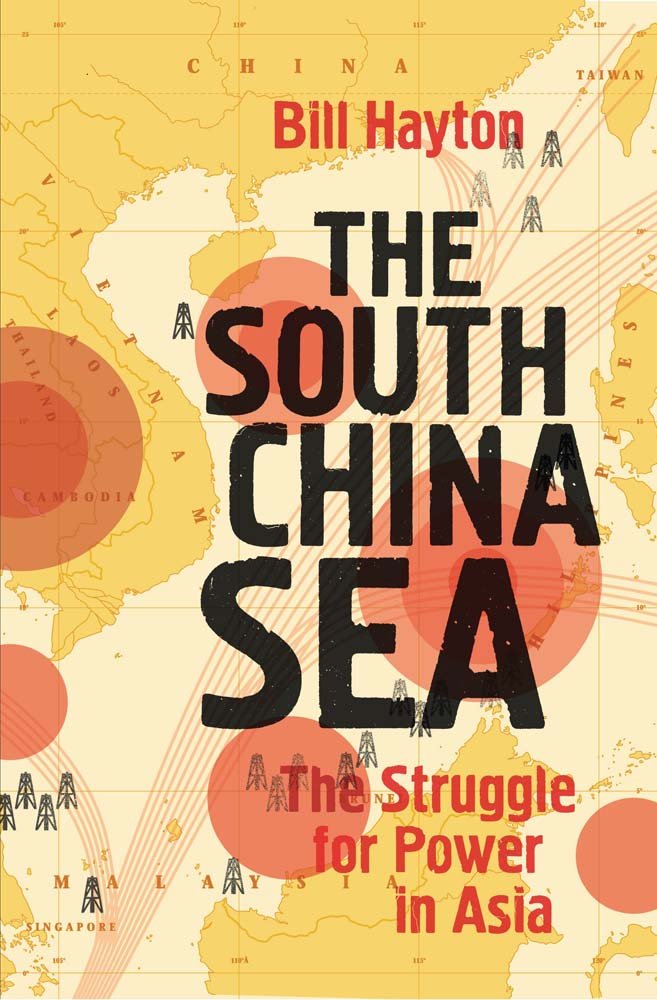
The South China Sea: The Struggle for Power in Asia. By Bill Hayton. Yale University Press; 298 pages; $35 and £20. Buy from Amazon.com
An analysis of how the South China Sea has become the test of America’s strategic “rebalancing” towards Asia and of its willingness to protect its friends and allies from Chinese bullying. A battle of nerves that is vulnerable to miscalculation, misperception and sheer bad luck.
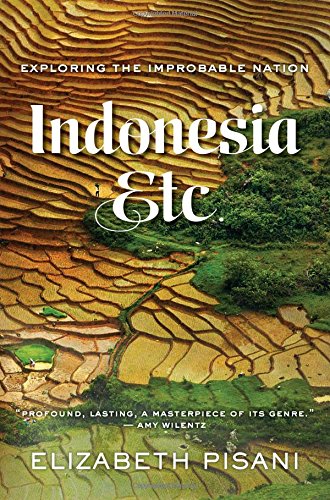
Indonesia Etc: Exploring the Improbable Nation. By Elizabeth Pisani. W.W. Norton; 404 pages; $26.95. Granta; £18.99. Buy from Amazon.com
A richly entertaining account of a year spent travelling around the archipelago. It takes on some big themes: democracy, decentralisation, corruption, inequality, the failings of the educational system, and radical Islam, as well as the ghosts of hundreds of thousands slaughtered as Suharto took power in 1965.

China’s Second Continent: How a Million Migrants Are Building a New Empire in Africa. By Howard French. Knopf; 304 pages; $27.95 and £22.50. Buy from Amazon.com
How China cosied up to African politicians, by a former Shanghai bureau chief of the New York Times. More than 1m Chinese migrants have moved to Africa; they work on big projects and stay on, more for the money than out of ideology.
Biography and memoir
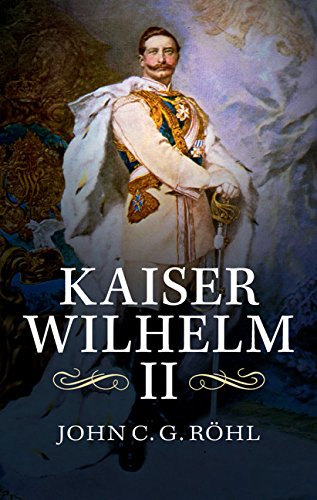
Kaiser Wilhelm II: A Concise Life. By John Röhl. Cambridge University Press; 240 pages; $24.99 and £16.99. Buy from Amazon.com
Scholarship and authority shine through this short version of John R?hl’s 4,000-page, multi-volume life of Kaiser Wilhelm, an emotionally needy, bombastic, choleric and hypersensitive man quite ill-suited to run the most powerful country in Europe.
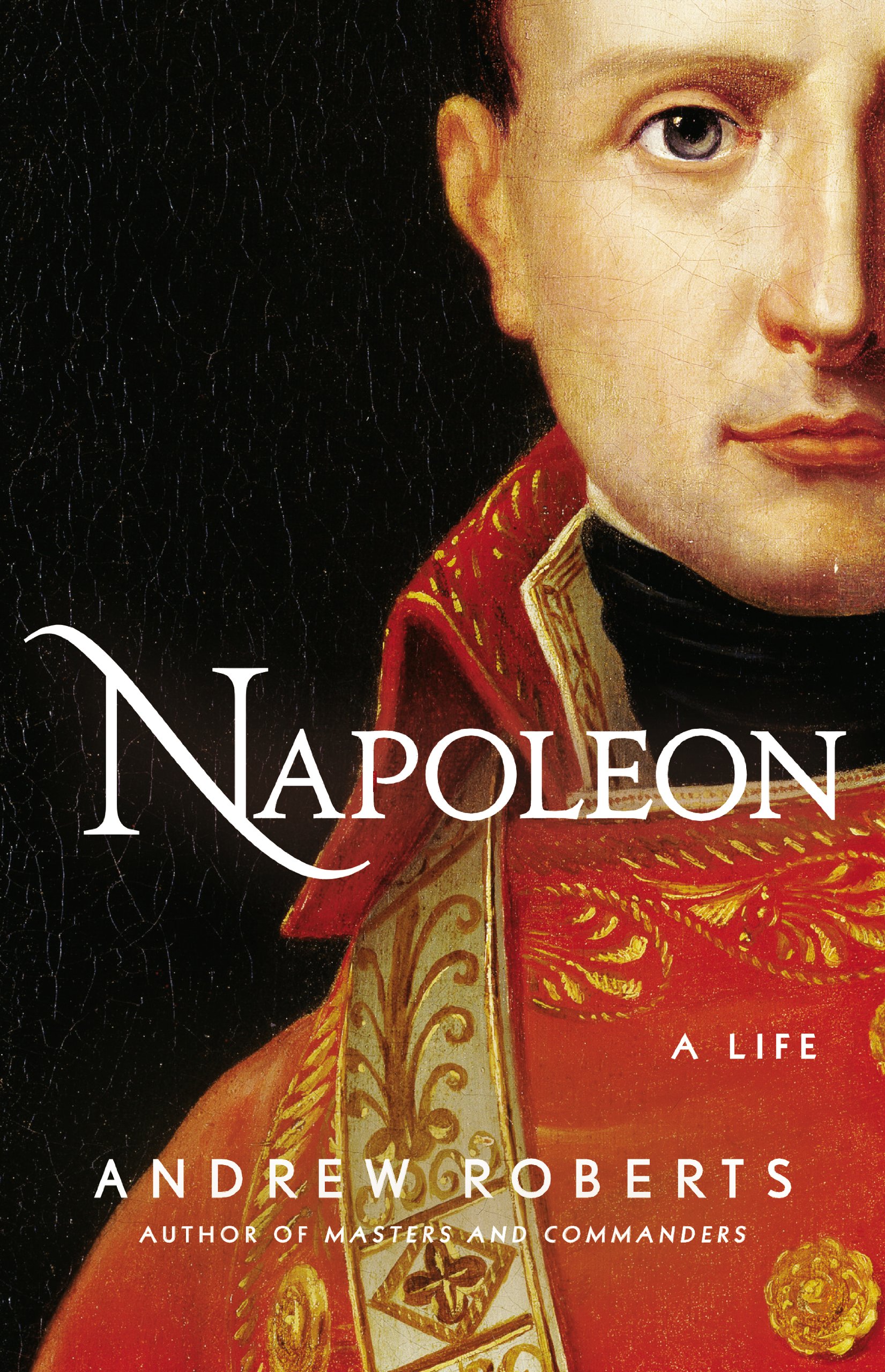
Napoleon: A Life. By Andrew Roberts. Viking; 976 pages; $45. Allen Lane; £30. Buy from Amazon.com
A British historian makes full use of the treasure trove of Napoleon’s 33,000-odd letters and concludes that the French emperor was a tactical military genius who made some serious strategic mistakes and was far from being a brilliant statesman.

Do No Harm: Stories of Life, Death and Brain Surgery. By Henry Marsh. Thomas Dunne; 304 pages; $25.99. Weidenfeld and Nicolson; £8.99. Buy from Amazon.com
In this autopsy of an obsession, Henry Marsh seeks to explain how he hates cutting into the stuff that creates thought, feeling and music but just can’t stop himself. So elegantly written it is little wonder some say that in Mr Marsh neurosurgery has found its Boswell.

H is for Hawk. By Helen Macdonald. Jonathan Cape; 300 pages; £14.99. To be published in America by Grove Atlantic in March 2015. Buy from Amazon.com
A bird’s-eye view of love and loss, this meditation on nature, raptors, grief and the strange life of T.H. White—English author of “The Goshawk”—was the discovery of the season. Winner of the 2014 Samuel Johnson prize for non-fiction.
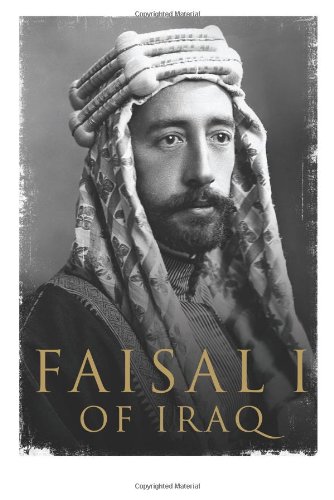
Faisal I of Iraq. By Ali A. Allawi. Yale University Press; 634 pages; $45 and £35. Buy from Amazon.com
History has not been kind to King Faisal I of Iraq. Still, he played a significant role in the making of the modern Middle East and this is the fullest portrait yet of this fascinating figure.
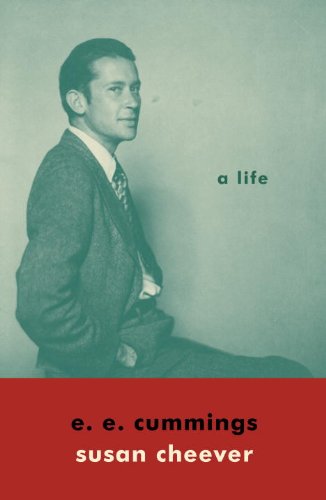
E.E. Cummings: A Life. By Susan Cheever. Pantheon; 213 pages; $26.95. Buy from Amazon.com
Inward-looking and now unfashionable, E.E. Cummings is a tricky poet to understand. With boundless new detail gathered through meticulous research, Susan Cheever succeeds where most other biographers have failed.
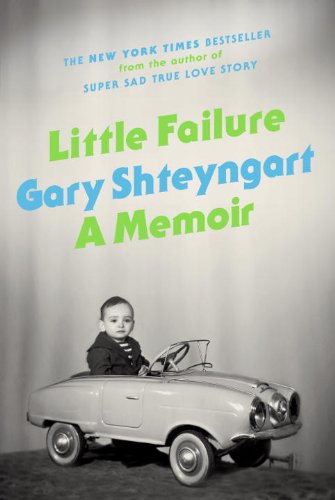
Little Failure: A Memoir. By Gary Shteyngart. Random House; 368 pages; $27.99. Hamish Hamilton; £16.99. Buy from Amazon.com
As a boy in Russia, Gary Shteyngart was frightened of everything: telephones, snow, cold, the ceiling fan, people in fur hats. But he got over it. A deeply moving love letter to his life and everything in it, including America, Russia, literature, women and his parents whom he teases without mercy.?
History
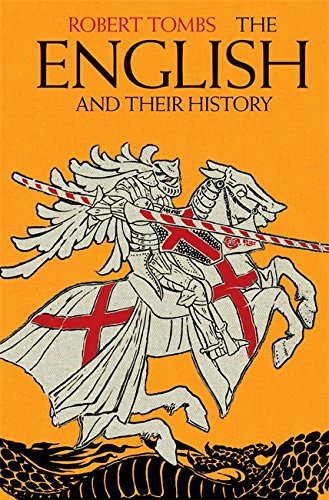
The English and Their History. By Robert Tombs. Allen Lane; 1,012 pages; £35. Buy from Amazon.com
A British academic shows how being a historian of France helped him recognise that his fellow Englishmen and women have embraced pluralism and immigration for at least 1,300 years, he concludes, and they should not give it up as it is a characteristic strength.
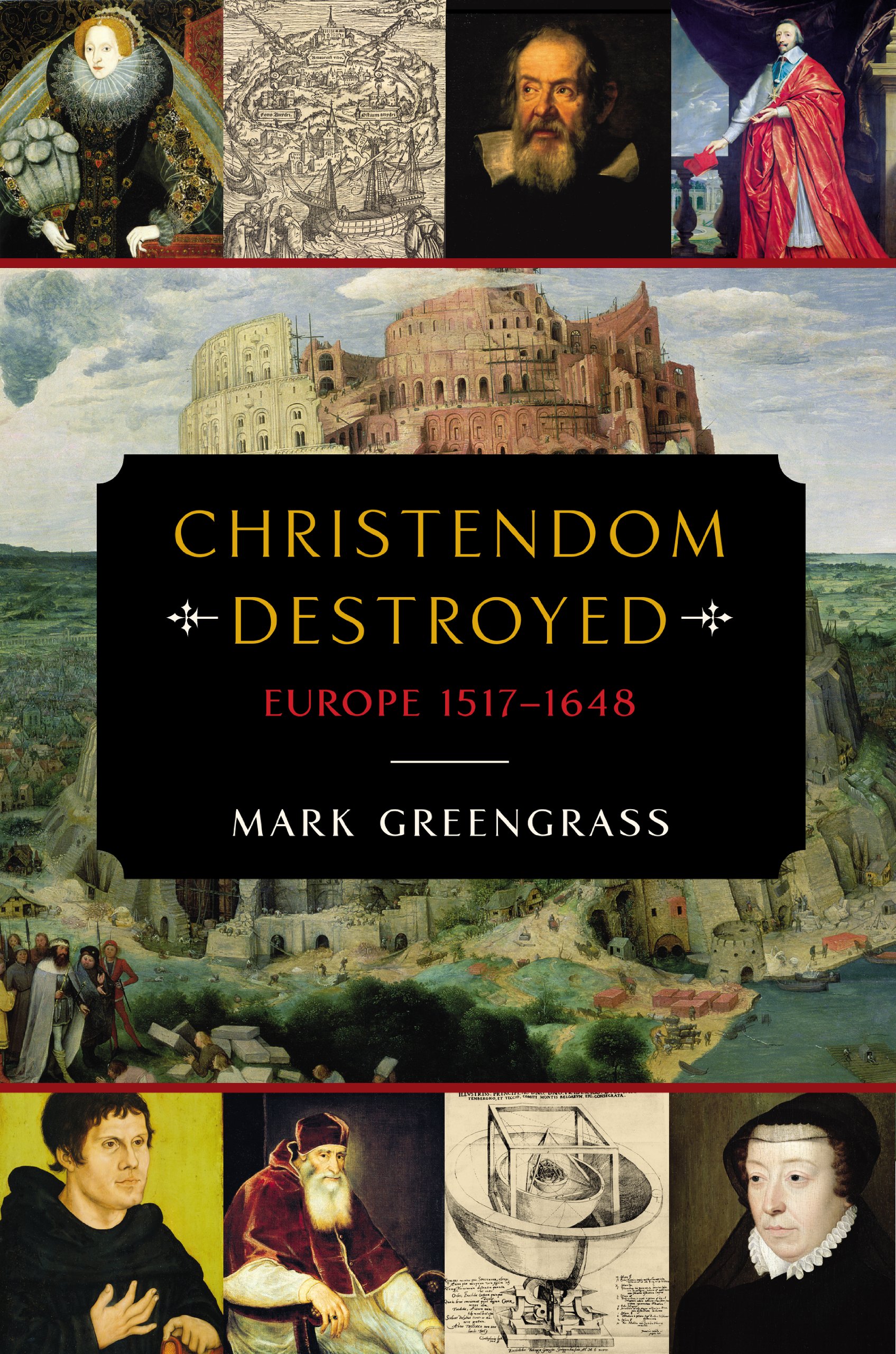
Christendom Destroyed: Europe 1517-1648. By Mark Greengrass. Viking; 752 pages; $45. Allen Lane; £30. Buy from Amazon.com
A magisterial account of the birth of modern Europe, from the Reformation, which broke the dominance of the Roman Catholic church, to the Peace of Westphalia, which entrenched the idea of the nation-state.
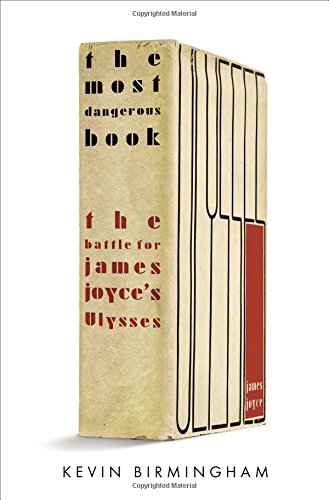
The Most Dangerous Book: The Battle for James Joyce’s “Ulysses”. By Kevin Birmingham. Penguin Press; 417 pages; $29.95. Head of Zeus; £20. Buy from Amazon.com
A gripping account of how a banned masterpiece, James Joyc’s “Ulysses”, was published in instalments in small literary magazines and then in private, limited print runs by dedicated patrons (most of them women) who had to smuggle copies into America and Britain.

Thirteen Days in September: Carter, Begin and Sadat at Camp David. By Lawrence Wright. Knopf; 345 pages; $27.95. Oneworld; £20. Buy from Amazon.com
The three protagonists saw themselves as “living exemplars of prophetic tradition” and for a fortnight subjected each other to mind-numbing speeches about the rightness of each of their causes. Camp David came to naught, but for a fleeting moment it seemed as if things in the Middle East might turn out for the better.
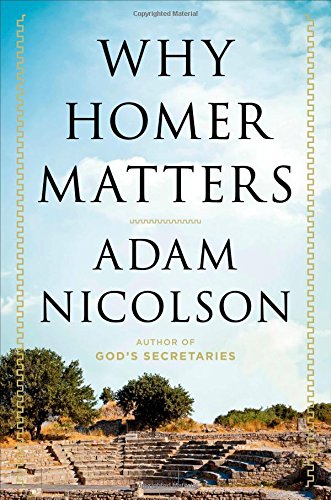
Why Homer Matters. By Adam Nicolson. Henry Holt; 320 pages; $30. William Collins; £25. Buy from Amazon.com
An elegant British writer dusts down Homer for a new generation, examining in detail the character of his two epics, from the gore of “The Iliad” to the blindings of “The Odyssey”. A lesson about honour, violence and masculinity.

The Reckoning: Death and Intrigue in the Promised Land. By Patrick Bishop. Harper; 352 pages; $26.99. William Collins; £20. Buy from Amazon.com
A detailed reconstruction of the hunt for Avraham Stern and his small band of “Fighters for the Freedom of Israel”, better known as Lehi. Stern was among the first Zionists to mix religion and nationalism, and Patrick Bishop’s book has important lessons for the modern day.
Economics and business
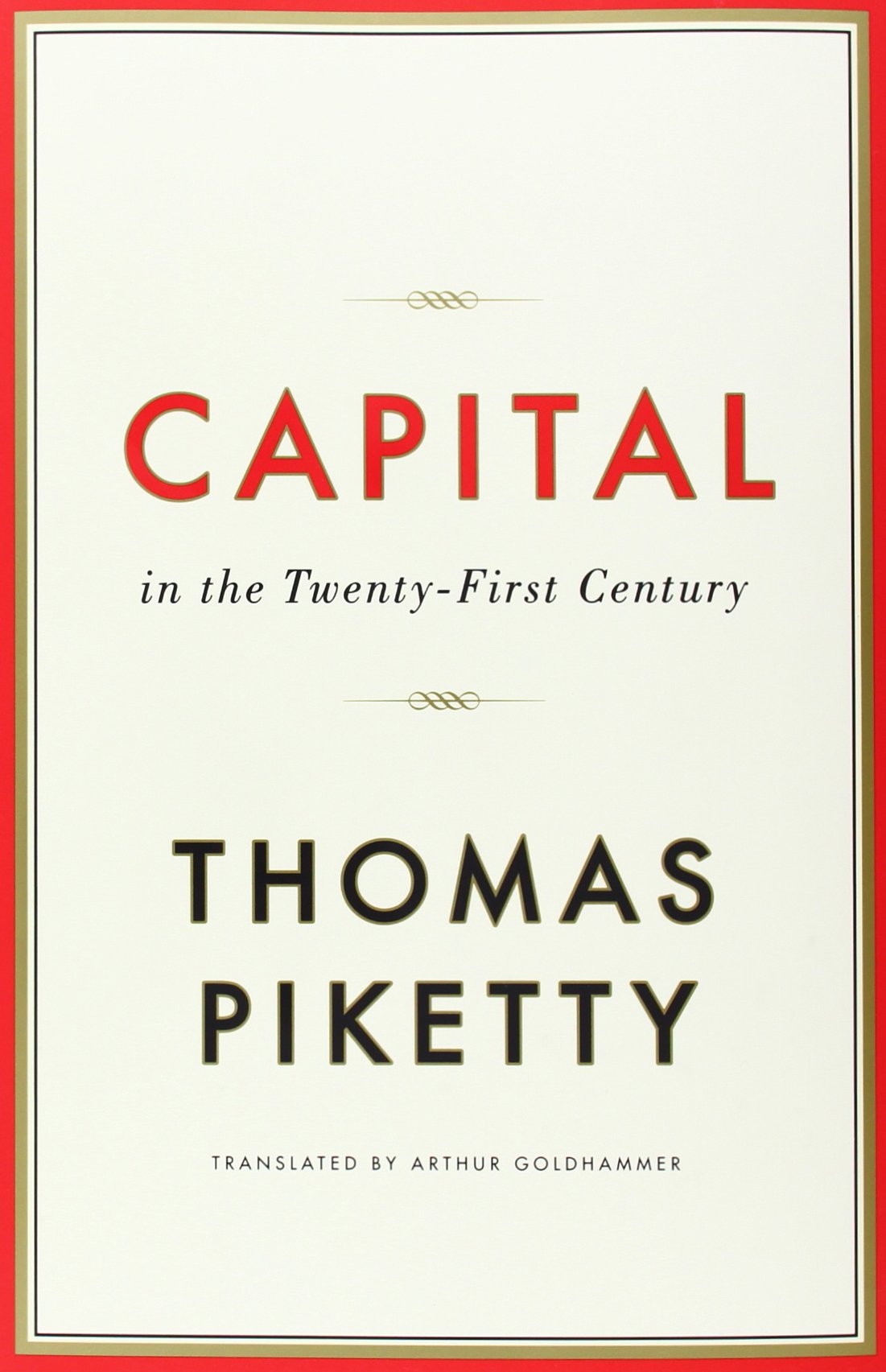
Capital in the Twenty-First Century. By Thomas Piketty. Belknap Press; 696 pages; $39.95 and £29.95. Buy from Amazon.com
An unlikely bestseller by a French economist, who, by looking at historical changes in the concentration of income and wealth, shows that the importance of wealth in modern economies is approaching levels unseen since before 1914.
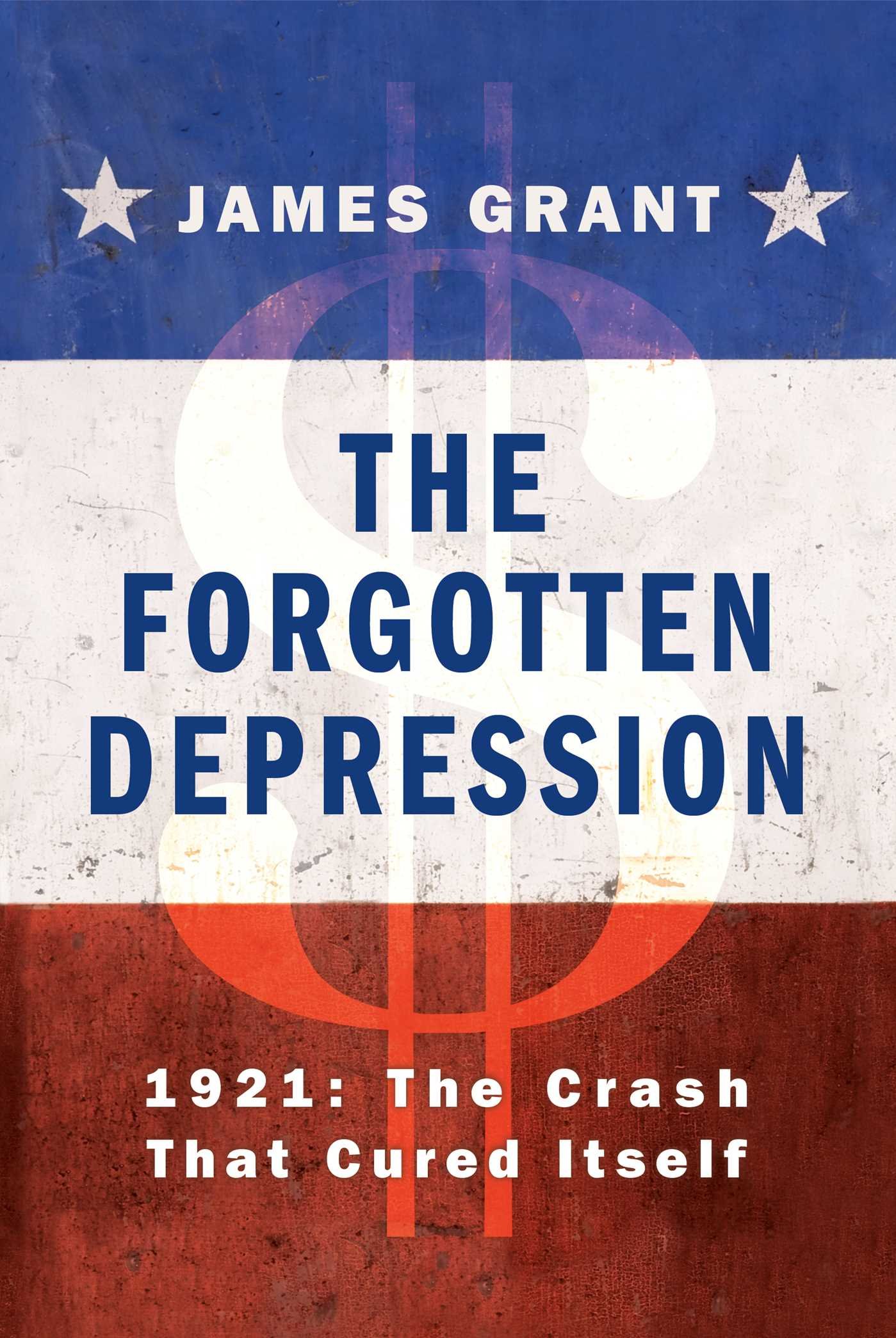
The Forgotten Depression, 1921: The Crash that Cured Itself. By James Grant. Simon & Schuster; 254 pages; $28. Buy from Amazon.com
A study of the searing 1920s by the founder of a well-regarded financial newsletter. It sheds light on a nasty, but largely ignored, episode and demonstrates that a laissez-faire approach can cure slumps better than the government activism of the 1930s—or indeed 2008.
Science and technology
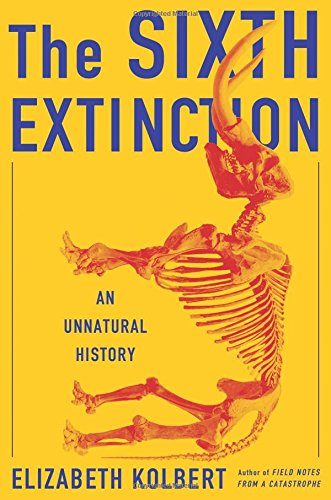
The Sixth Extinction: An Unnatural History. By Elizabeth Kolbert. Henry Holt; 302 pages; $28. Bloomsbury; £20. Buy from Amazon.com
Five previous extinctions wiped out plant and animal life on a huge scale; now a sixth is upon us. Is life resilient enough to withstand mankind?
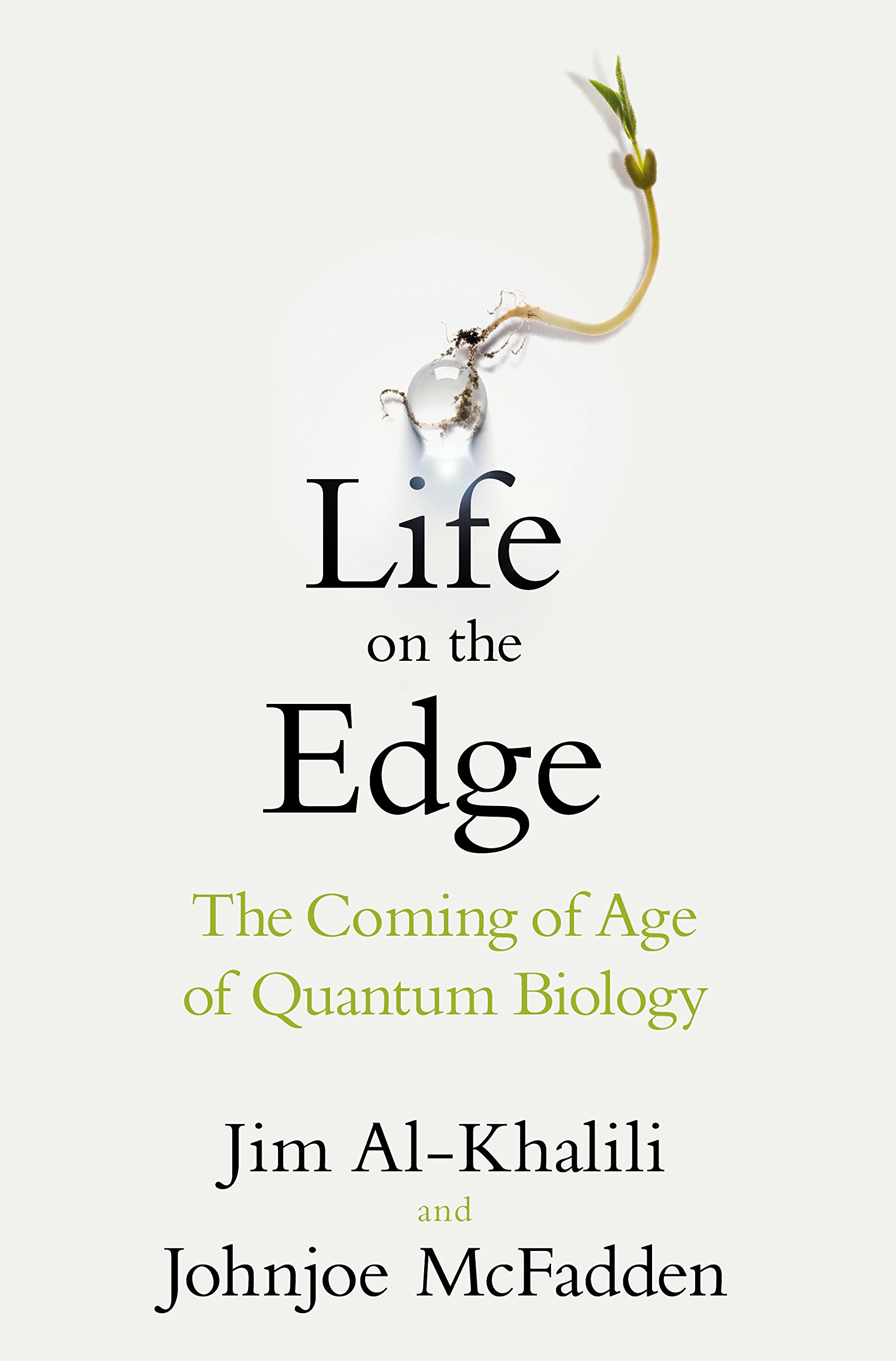
Life on the Edge: The Coming of Age of Quantum Biology. By Jim Al-Khalili and Johnjoe McFadden. Bantam Press; 355 pages; £20. Buy from Amazon.com
A rich and accessible account of how quantum theory is becoming part of the mainstream in biology as it begins to explain such mysteries as how migratory birds sense direction, how molecules in the air are perceived as smell and how, precisely, tadpoles lose their tails.
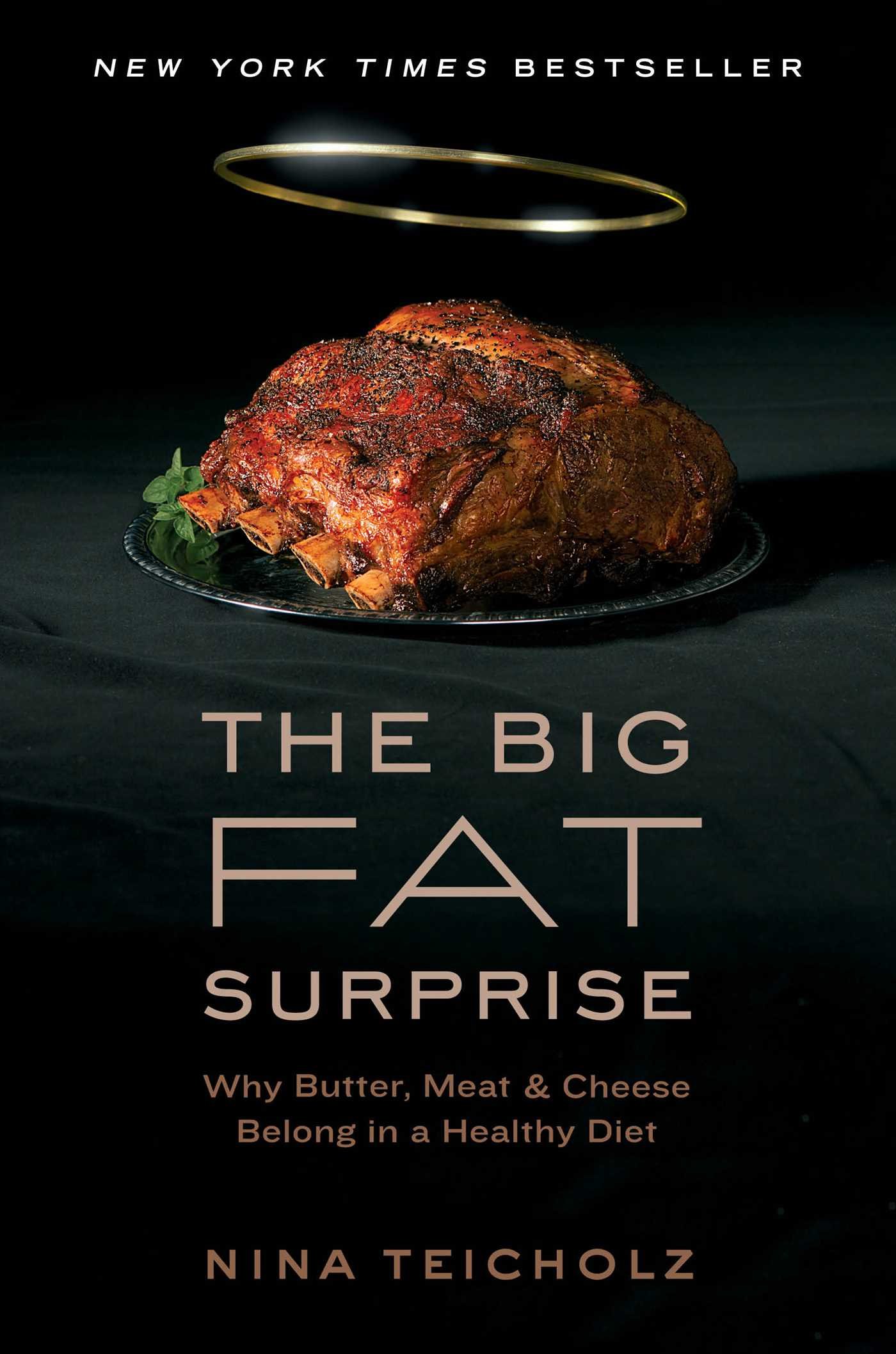
The Big Fat Surprise: Why Butter, Meat and Cheese Belong in a Healthy Diet. By Nina Teicholz. Simon & Schuster; 479 pages; $27.99. Scribe; £14.99. Buy from Amazon.com
A historical study of how fat came to be demonised, especially in America, by a mix of academics, government officials and food companies, and how the few sceptics who dared take on the fat orthodoxy have been much disparaged for their pains. Detailed in its research and eloquent in its argument, this is the year’s most surprising diet book.
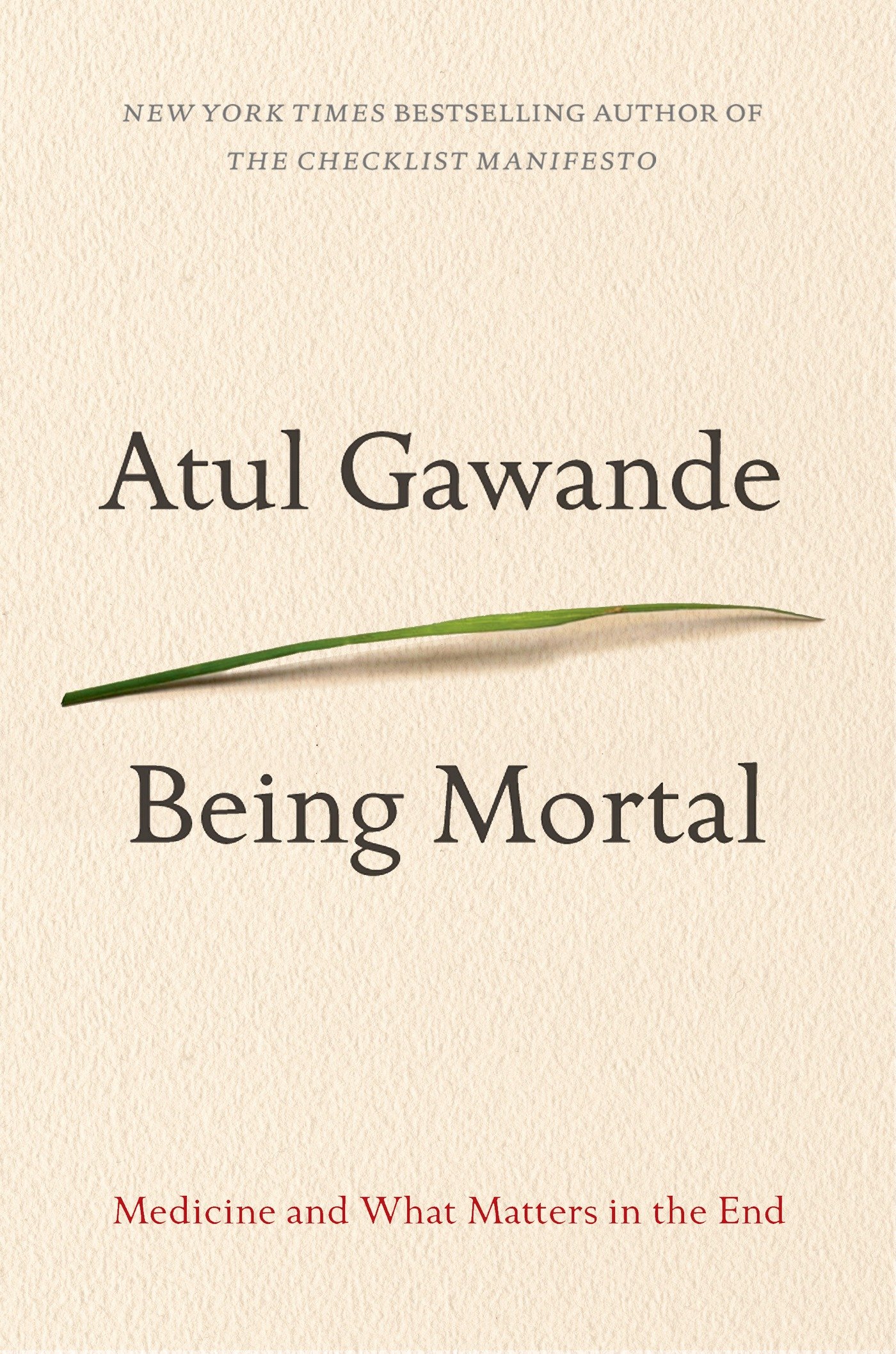
Being Mortal: Medicine and What Matters in the End. By Atul Gawande. Metropolitan Books; 282 pages; $26. Profile; £15.99. Buy from Amazon.com
A thoughtful American doctor, who gave the 2014 Reith lectures, recounts how many of his patients spend their final hours hooked up to machines, under fluorescent lights, surrounded by strangers. Far better to think through the implications and plan for the end you really want.
Culture, society and travel
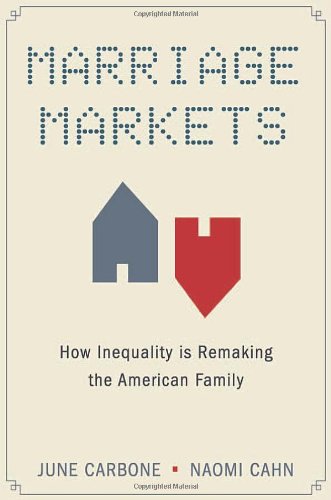
Marriage Markets: How Inequality is Remaking the American Family. By June Carbone and Naomi Cahn. Oxford University Press; 272 pages; $29.95 and £18.99. Buy from Amazon.com
Asking why fewer people marry, two American legal academics show how, over the decades, economic inequality has undermined the rationality of marriage for many and weakened the family.
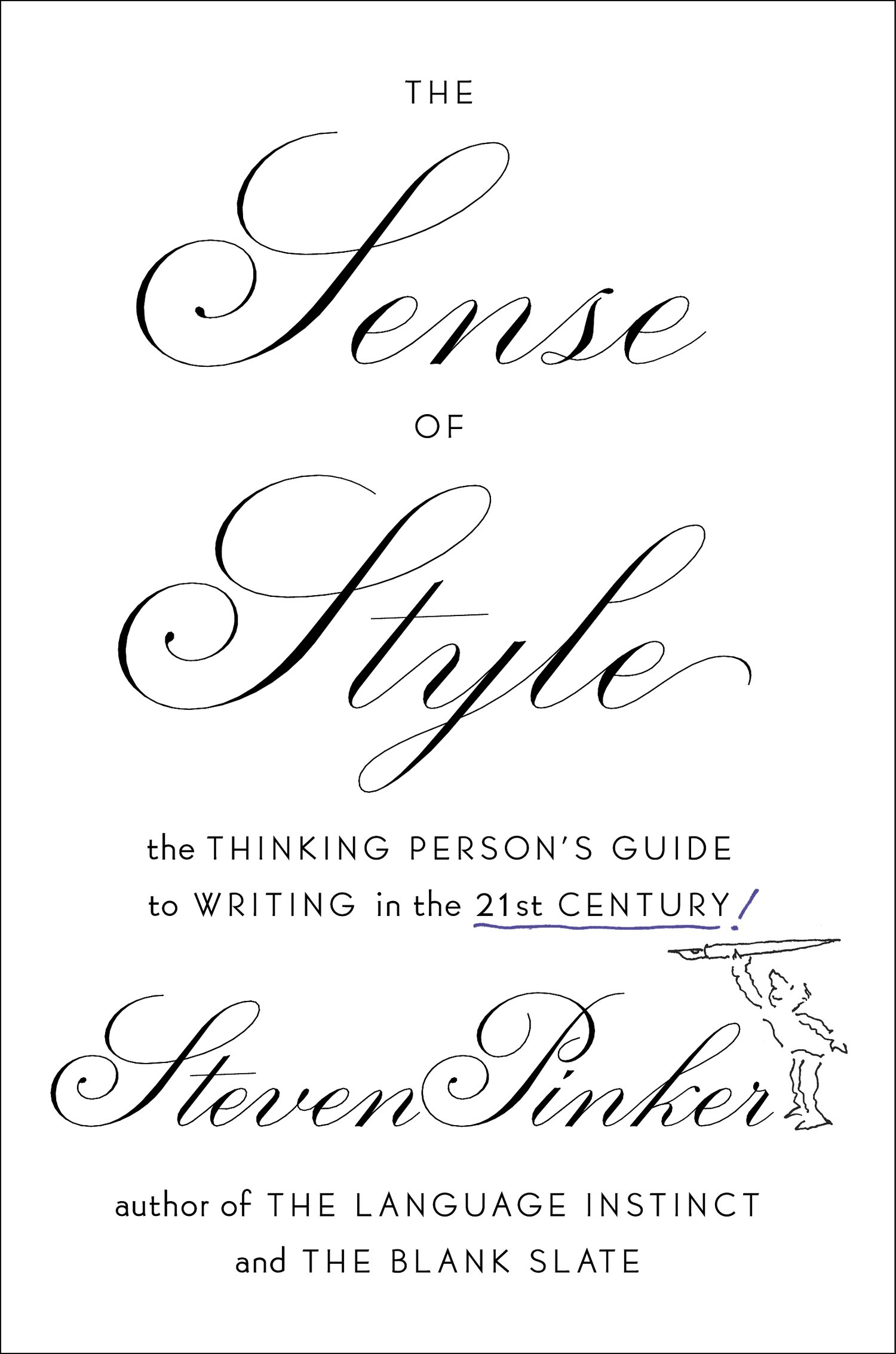
The Sense of Style: The Thinking Person’s Guide to Writing in the 21st Century. By Steven Pinker. Viking; 359 pages; $27.95. Allen Lane; £20. Buy from Amazon.com
With gentle good humour, the Harvard psycholinguist explains that a good piece of writing is like the perfect soufflé appearing in a spotless kitchen at the end of a cooking show: “The messy work has been done beforehand and behind the scenes.” A good read for all ages.
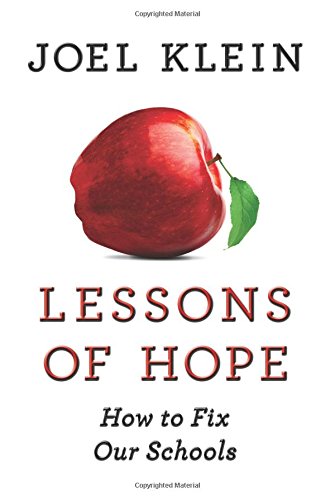
Lessons of Hope: How to Fix Our Schools. By Joel Klein. Harper; 320 pages; $27.99. Buy from Amazon.com
The former chancellor of New York’s department of education knows at first hand how much a child’s education is linked to his or her success in life. He has much to say about his nine-year campaign to improve the city’s school system and how it could become a blueprint for reform of America’s education system.
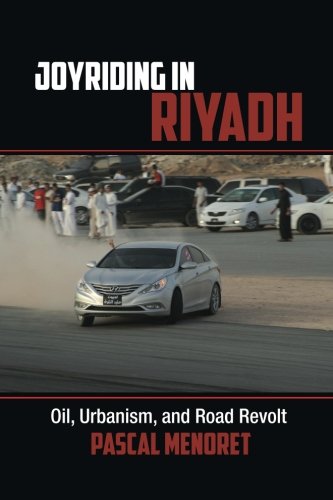
Joyriding in Riyadh: Oil, Urbanism and Road Revolt in Saudi Arabia. By Pascal Menoret. Cambridge University Press; 250 pages; $85 and £55. Buy from Amazon.com
Frustrated by constant rebuffs as he tries to settle down to fieldwork in Saudi Arabia, a French anthropologist mingles instead with a group of daredevil motorcycle- riders and learns how boredom, testosterone and cheap petrol gave rise to joyful homoeroticism and petty criminality mixed with Bedouin gallantry.
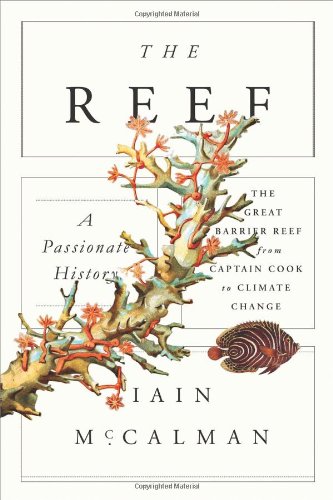
The Reef, A Passionate History: The Great Barrier Reef from Captain Cook to Climate Change. By Iain McCalman. Farrar, Straus and Giroux; 377 pages; $27. Scribe; £20.Buy from Amazon.com
A sweeping and absorbing history of the site that UNESCO describes as “the most impressive marine area in the world”, now disintegrating owing to two centuries of human impact. By a historian and social scientist at the University of Sydney.
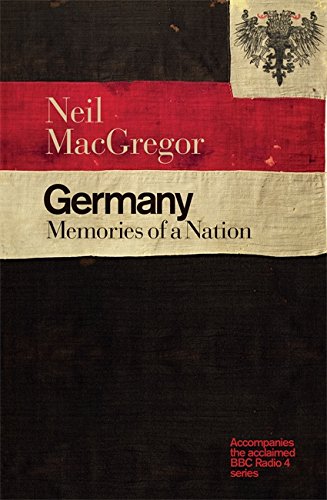
Germany: Memories of a Nation. By Neil MacGregor. Allen Lane; 598 pages; £30. To be published in America by Knopf in 2015. Buy from Amazon.co.uk
The director of the British Museum follows the debate about the unending and difficult path that Germany has taken to try to come to terms with its past, and shows that it has been shaped as much by what is not remembered as by what is. An important and elegant study in the making of modern national identity.
Fiction
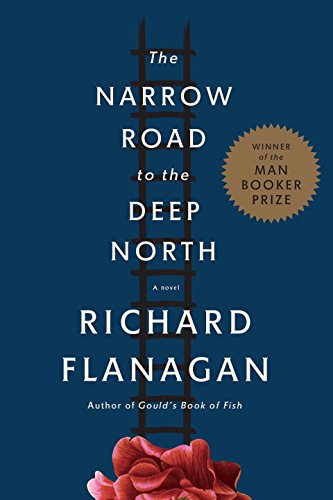
The Narrow Road to the Deep North. By Richard Flanagan. Knopf; 352 pages; $26.95. Chatto & Windus; £16.99. Buy from Amazon.com
A journey of loss and discovery set among the prisoners of war who were sent to build the “Death Railway” between Thailand and Burma during the second world war. Winner of the 2014 Man Booker prize for fiction and replete with scenes that stay with the reader long after the final page, this is the book that Richard Flanagan was born to write.
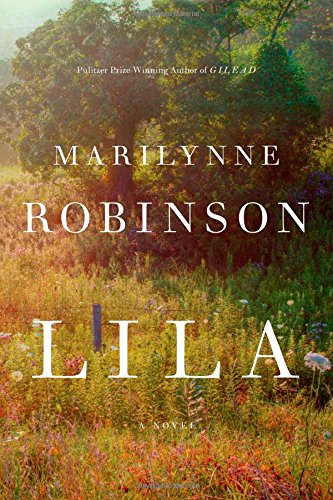
Lila. By Marilynne Robinson. Farrar, Straus and Giroux; 272 pages; $26. Virago; £16.99. Buy from Amazon.com
The third of Marilynne Robinson’s novels to be set in Gilead, Iowa, and featuring John Ames, a Congregationalist preacher, turns to the story of Ames’s late-in-life wife. A former prostitute and cleaner, Lila, in her new incarnation, learns about grace, joy and love, lessons that are imparted with no trace of soppiness. By one of the finest writers in America.
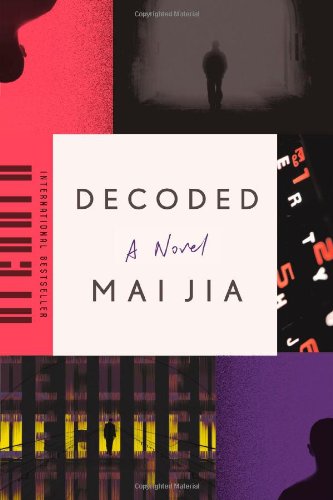
Decoded. By Mai Jia. Farrar, Straus and Giroux; 315 pages; $26. Allen Lane; £18.99. Buy from Amazon.com
At last, a fine Chinese novel that holds its own as a work that book-lovers with no special knowledge of China will relish. By a former member of the intelligence services, “Decoded” stands out for its pace and for the sheer novelty of the tale it tells.
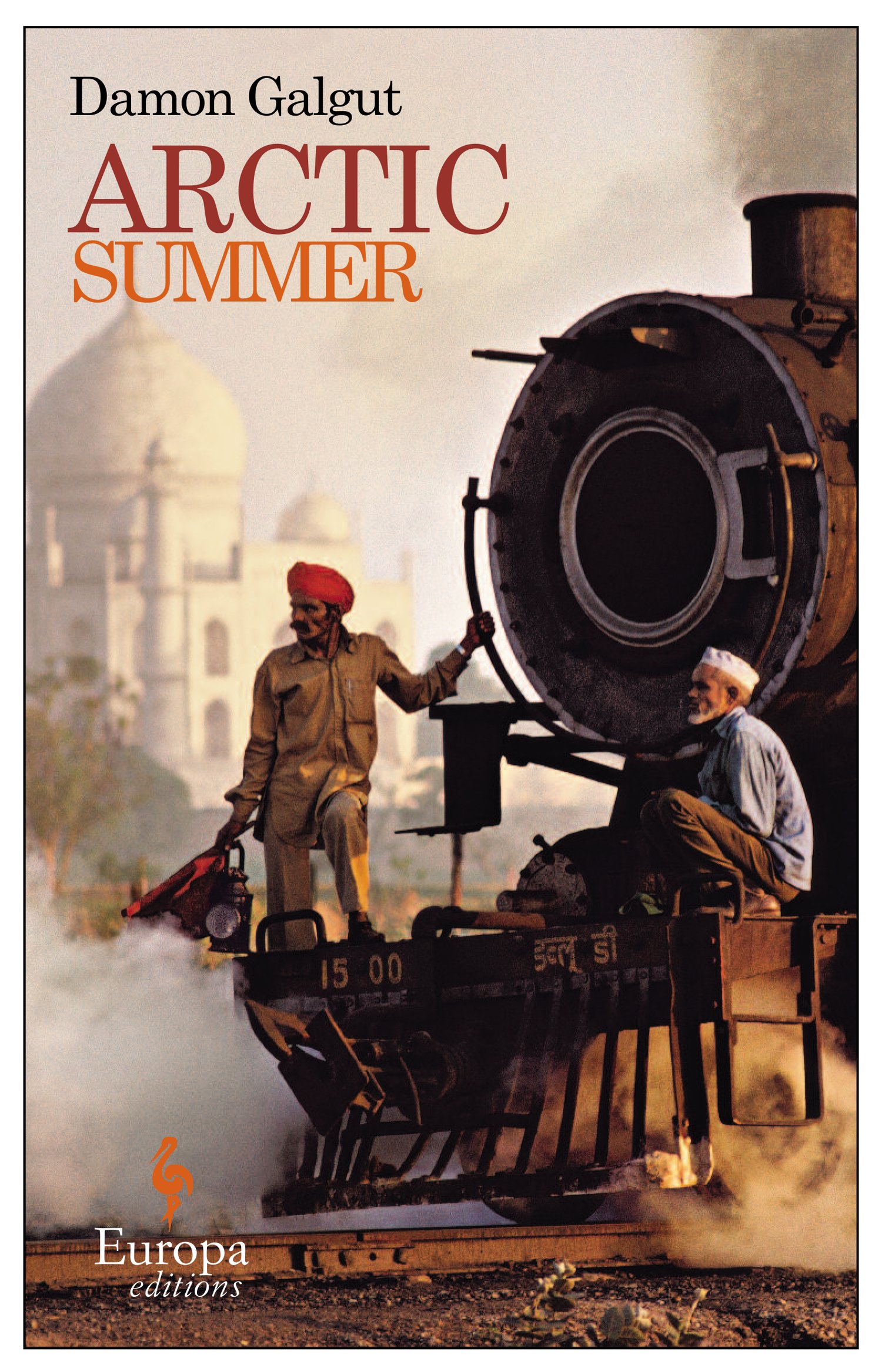
Arctic Summer. By Damon Galgut. Europa Editions; 352 pages; $17. Atlantic Books; £17.99. Buy from Amazon.com
With insight and seemingly effortless fluidity, Damon Galgut has written a beautiful and funny book that movingly captures the duality of E.M. Forster, one of Britain’s most thoughtful novelists.
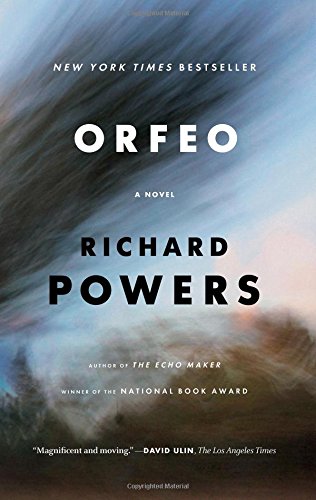
Orfeo. By Richard Powers. W.W. Norton; 384 pages; $26.95. Atlantic Books; £18.99. Buy from Amazon.com
A 70-year-old composer in rural Pennsylvania who tries to make music eternal by sleight of genetic engineering falls foul of Homeland Security. Philosophical musing by a master storyteller whose novels often mine the pecularities of the technological age.
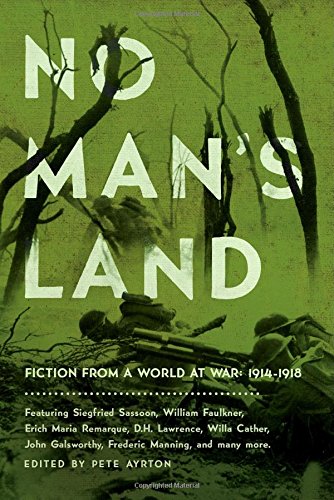
No Man’s Land: Fiction from a World at War. Edited by Peter Ayrton. Pegasus; 504 pages; $15.95. Serpent’s Tail; £25. Buy from Amazon.com
Most people know that the first world war produced some of the finest poetry of the 20th century. A reminder that its prose writers weren’t half bad either.
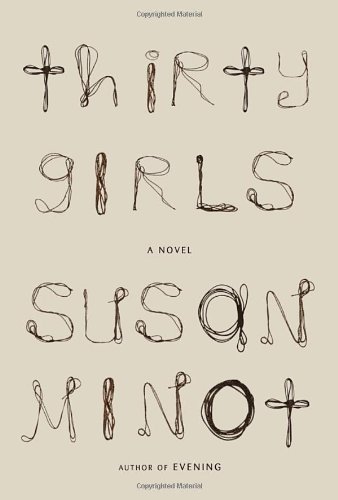
Thirty Girls: A Novel. By Susan Minot. Knopf; 309 pages; $26.95. Fourth Estate; £10.99. Buy from Amazon.com
With a delicate touch, a masterly American writer presents a fictional account of a true story, set in Uganda, about a group of schoolgirls kidnapped by the Lord’s Resistance Army, and asks deep questions about whether innocent human beings can ever recover from being made to inflict pain—or even kill.
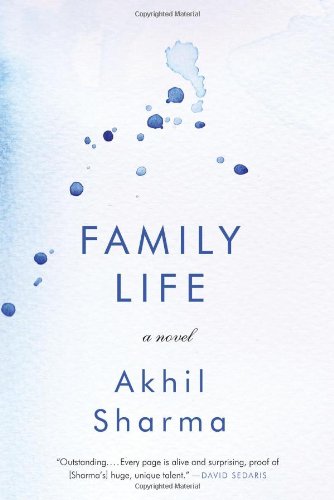
Family Life: A Novel. By Akhil Sharma. W.W. Norton; 224 pages; $23.95. Faber & Faber; £14.99. Buy from Amazon.com
A dark, funny novel about the hopes and troubles of an Indian family that relocates from Delhi to America, only to be confronted with disaster when the eldest son has a diving accident.
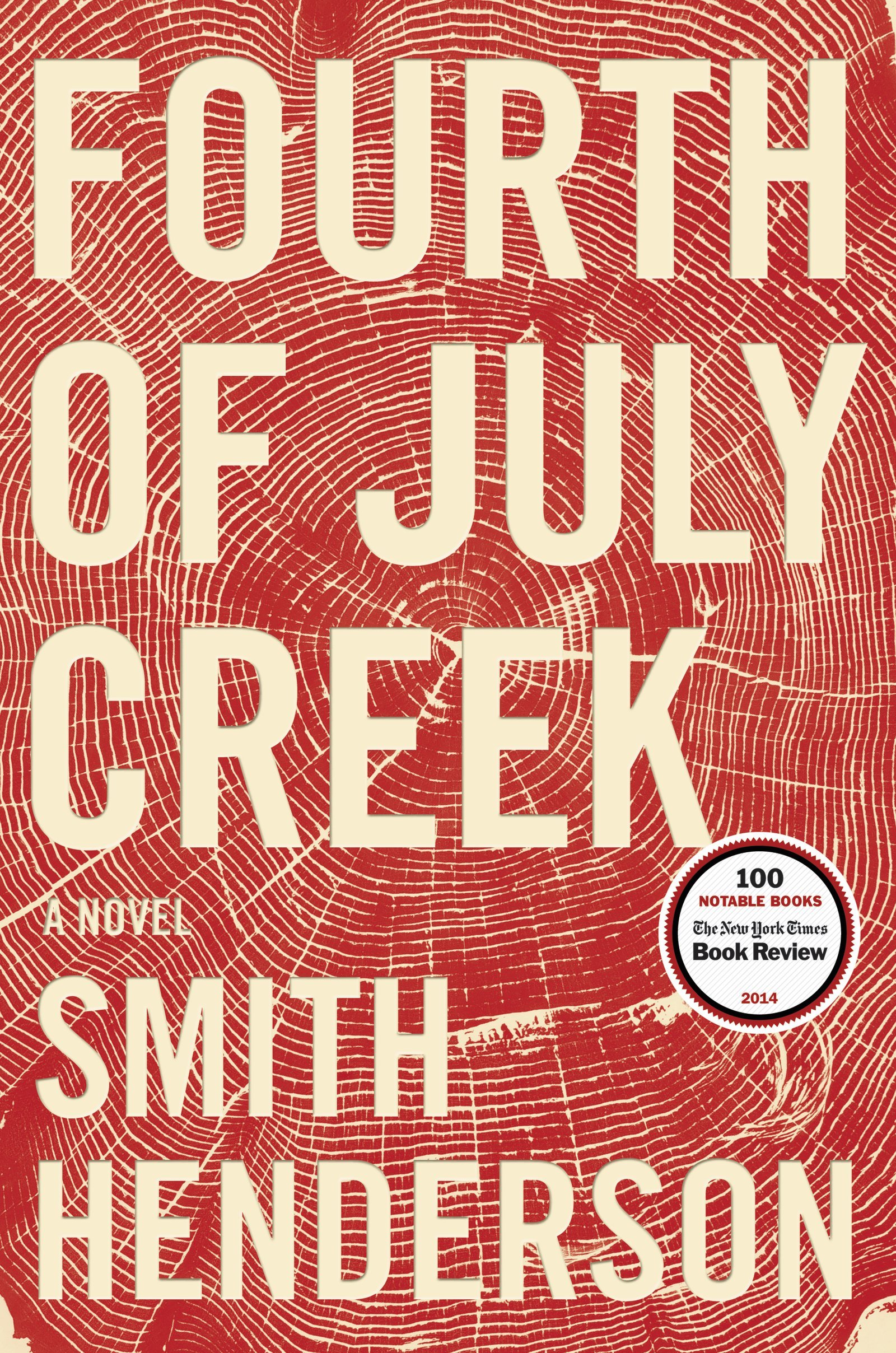
Fourth of July Creek. By Smith Henderson. Ecco; 466 pages; $26.99. William Heinemann; £16.99. Buy from Amazon.com
An intense, mesmerising book by the writer of the Chrysler advert starring Clint Eastwood and seen by millions at the 2012 Super Bowl. It uses the intimate relationship that grows up between a flawed social worker and a paranoid survivalist to explore grand themes about American culture, its winners and its losers.

Uncertain Glory. By Joan Sales. Translated by Peter Bush. Foreword by Juan Goytisolo. Maclehose Press; 560 pages; £20. Buy from Amazon.com
Originally published in 1956 in heavily censored form, this novel by a Catalan writer who fought in the Spanish civil war and died in 1983 was the first to tell the story of that conflict from the point of view of the losers. A timeless classic about lost illusions, lost ideals, lost youth, now translated into English for the first time.